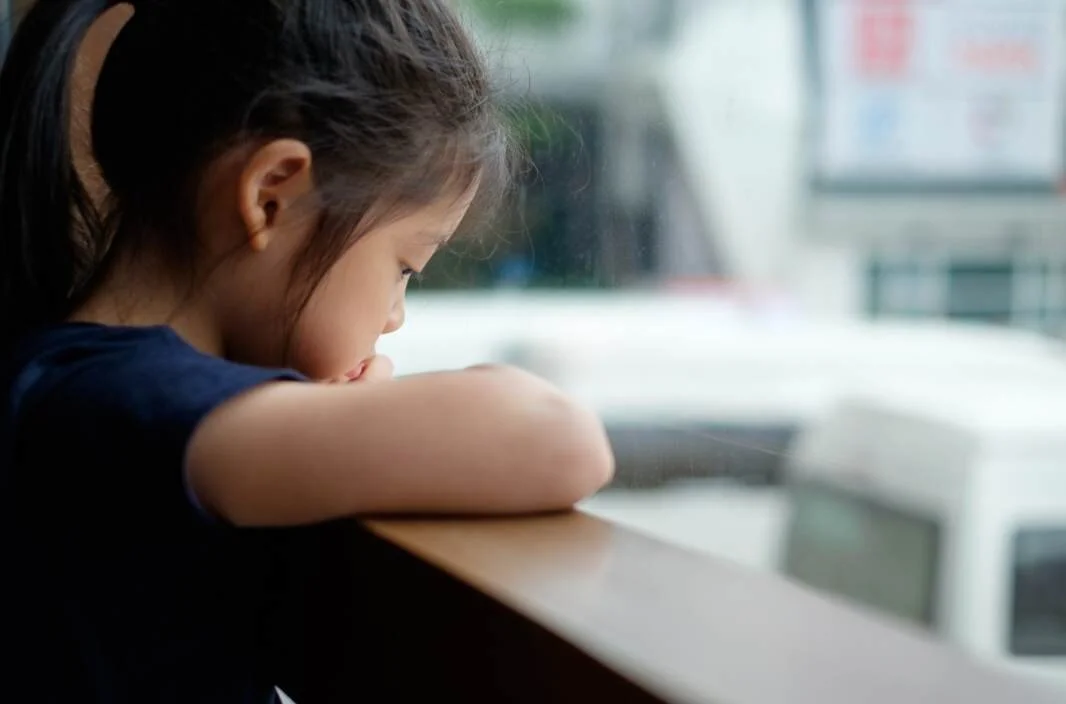Coming For Therapy
Does my child need to see a psychologist?
It is normal for children to encounter emotional episodes (i.e., throwing tantrums from time to time, having troubles with relationships, or experiencing a downswing in school performance). Adding on to our uncertain times, children may struggle with the unstable toggling between remote and in-person learning. However, these hurdles are part of a child’s growing experience. While they may teach skills such as resilience, they may also lead to prolonged psychological or emotional impact if left neglected.
So how do we draw the line between normal and abnormal behaviours from our children? How do we know if our child is facing a grave dilemma? And when should parents seek professional help for them?
Here are some signs to look out for in your child:
Ψ Your child displays signs of struggle in family relationships, friendships, at school or extra-curricular activities.
Ψ He/she expresses dejection or explicitly talks about suicide.
Ψ He/she engages in self-destructive behaviours such as skin-picking or self-harm.
Ψ Your child is not as interactive as before during interactions with others or shows signs of fear or disinterest in socialising, resulting in difficulties making or keeping friends.
Ψ Your child appears violent or distressed due to a stressful situation or significant change in life, such as bullying, parents’ divorce, or moving to a new country or school.
If you notice your child experiencing learning difficulties, that is typically another strong indicator that he or she may require professional assistance. It could be that your child did well in school until a certain age or that he or she consistently does not learn as well as others peers of a similar age. This can be extremely concerning for parents, especially when there are numerous plausible explanations. This is where various psychological assessments can help us figure out what problems the child is having and what help they require. For example, an autism screening can determine whether your child should attend special education schools with teaching methods customised to children with autism. IQ tests can inform you whether your child is gifted or has any cognitive deficits, allowing you to target resources to them based on their skills and shortcomings.
Just like how we promptly reach out for medical intervention when our child’s physical health seems worrying, parents are strongly encouraged to do the same with mental health. After all, with early intervention comes a greater likelihood of improved outcomes.
Mental health professionals (i.e., Child Psychologists) are equipped to help children better cope with their emotions, communication styles, and processing their experiences. Psychologists tailor to each child's needs with individualised approaches and therapeutic interventions. These interventions will enable the child to work on fostering healthy behavioural and thinking patterns. Consequently, skills learnt during therapy also aim to create healthy or adaptive changes in a child’s life.
As parents, our child’s wellbeing is our utmost priority. It is not a prerequisite to be suffering from a mental health condition to see a psychologist. Seek timely help from a mental health professional if you notice any red flags in your child. Recognising and receiving support at an early stage is crucial for a child’s development.
What to expect
in therapy?
Talking and listening will likely be the emphasis of the first session. The psychologist will ask questions and listen to have a better understanding of your child and their concerns. Prepare to discuss the present issue, some childhood memories of your child, and your family's past with an open mind. The psychologist may then analyse the problem and provide the necessary guidance to your child. You and the psychologist might also set collaborative goals to work towards with the psychologist for future sessions.
Future sessions may encompass the following:
Ψ More talking such that your child can express themselves and so that psychologists can better understand them.
Ψ Activities for learning, such as teaching them coping skills or mindfulness to better cope with stress and negative emotions.
Ψ New skills learnt during therapy sessions would be put to practise (e.g., self-control, sharing, and following directions)
Ψ Solving problems that your child has encountered (e.g., talk about their problems in school or at home and how to solve them).
Ψ Parenting tips on how to best support your children.

